The Importance of ADA Compliance for Website Owners
The Americans with Disabilities Act (ADA) is a groundbreaking piece of legislation signed by President George Bush in 1990. The ADA is America’s most influential law regarding accessibility and civil rights for people with disabilities and those who are visually impaired. The ADA now includes provisions for web accessibility. By ensuring that your website meets ADA Compliance standards, you can help create a more inclusive society that gives everyone a fair chance to participate in the digital world.
The part of the ADA that affects how businesses serve customers is called “Title III.”
Title III of the ADA prohibits discrimination against people with disabilities in places of public accommodation. This includes businesses that provide goods or services to the public, such as restaurants, hotels, retail stores, and more. To comply with Title III, companies must make their facilities and services accessible to people with disabilities. This can include ramps, Braille signage, and accessible customer service.
Websites are also covered under Title III of the ADA, meaning they must be designed to be accessible to people with disabilities. This includes ensuring that text is large enough to be read by someone with low vision, that images have alt text so they can be described to someone who is blind, and that videos have captions so they can be understood by someone who is deaf.
By making your website compliant with the ADA, you can help create a more inclusive society that gives everyone, including the visually impaired, a fair chance to participate in the digital world.
Doesn’t ADA Compliance only apply to Large Corporations?
ADA compliance is not just for large corporations. The ADA applies to all businesses that serve the public. This includes retail stores, restaurants, hotels, and more. All of these businesses must take steps to make their facilities and services accessible to people with disabilities.
It is essential to have websites accessible to everyone, regardless of any disabilities they may have. Just as physical access to buildings and services must be ensured for people with disabilities, so must digital access. Websites that are not accessible can exclude people with disabilities and the visually impaired from participating in the digital world, limiting their job opportunities and isolating them from society. This has become even clearer since COVID. Our regular activities have transferred to the internet, like ordering a cab, booking a doctor’s appointment, or checking on bus times. As web interactions become fundamental to our daily lives, web accessibility has become more critical. By ensuring that your website complies with the ADA, you can help create a more inclusive society that gives everyone a fair chance to participate in the digital world.
Legal Implications of ADA Compliance
If your website is not compliant with the ADA, you may be subject to legal action. This could include being sued by someone with a disability who could not access your site or being fined by the government. In addition, your business could suffer reputational damage if considered discriminatory.
Web accessibility cases against giants like Domino’s, Nike, and Beyonce made the headlines, but most lawsuits have been filed against small and medium businesses. It’s estimated that 85% of ADA lawsuits in federal and state courts in 2018 were filed against small and medium retail businesses. Since it’s almost inevitable that the court would favor the plaintiff, small business owners often feel they have no choice but to settle out of court. The cost of defending a lawsuit would destroy even a medium-sized business, but the average ADA website lawsuit settlement still comes to $35,000.
It is important to note that the ADA does not have a specific list of guidelines for website accessibility. However, the Department of Justice said they “expect” websites to comply with the WCAG 2.0 standards. These standards for the visually impaired are developed by the World Wide Web Consortium (W3C) and provide detailed guidance on accessibility and how to make websites accessible.
While there is no guarantee that your website will be sued if it is not compliant with the ADA, it is certainly a risk worth considering. By ensuring that your website is accessible, you can avoid legal implications and create a site everyone can enjoy.
Lookit Design’s solution offers a “Litigation Support Package.”
The Upside: Benefits to Website Owners
Increase Your Market Share
Making your website compliant with the ADA can have many benefits, including increasing site visitors. People with disabilities are often excluded from participating in the digital world. Still, by ensuring that your website is accessible, you can allow them to visit and use your site. This can help to break down barriers and improve inclusion. People with disabilities appreciate ADA Compliant websites, improve customer satisfaction, increase brand loyalty, and greater trust. How much is a 10% increase in site visitors worth to your organization?
Improve Google SEO
Did you know that an ADA-compliant website is easier for Google to search? That’s because the same techniques used to improve accessibility are embedded in Google’s algorithms. Your website’s SEO ranking will rise. Google’s algorithms give preference to ADA-compliant websites from the get-go because Google recognizes that ADA-compliant websites can be viewed by a larger audience, and Google is all about promoting fairness and best practices. Simply put: by ensuring that your website meets the needs of people with disabilities and the visually-impaired, you can improve your ranking and attract more visitors.
Online Reputation: How your website is perceived by corporations, governments, and non-profits
Large corporations, governments, and non-profits often deal with sensitive information that must be accessible to all. An inaccessible website can damage your reputation and make you appear unprofessional or untrustworthy. In contrast, an ADA-compliant website shows you are up-to-date with best practices and committed to inclusion. This can help you win contracts, secure donations, and build trust with your audience.
Lookit Design’s Solution for ADA Compliance
Lookit Design can transform any website into an ADA-Compliant site, giving special tools for visually-impaired visitors and those with other disabilities, including motor skills impairment, ADHD, and Epilepsy. All site visitors can see your Accessibility Statement, which is updated daily.
Ready to Start?
If you’re ready to make your website ADA-compliant, Lookit Design can help.
Similar Services
Web Security
Protect your website, visitors and customers from cyber attacks, phishing, ransomware, and data breaches.
Web Infrastructure
Lookit Design offers fully managed hosting and technology support using AWS Global Cloud Services..
VIDEO: Web Accessibility From a User's Standpoint

Play Video
More Information about Web Accessibility and ADA Compliance
Over 12,000 people filed lawsuits under Title III of the Americans with Disabilities Act (ADA) in 2021. In California, the . . .
Title III ADA lawsuits and settlements can affect companies of all sizes across various industries. Here are some of the . . .
The Department of Justice makes it clear that ADA Compliance include access to websites because access to websites for online . . .
All information and communication technology (ICT) procured, developed, maintained, or used by Federal agencies must be accessible. To do business . . .
Share This Page





